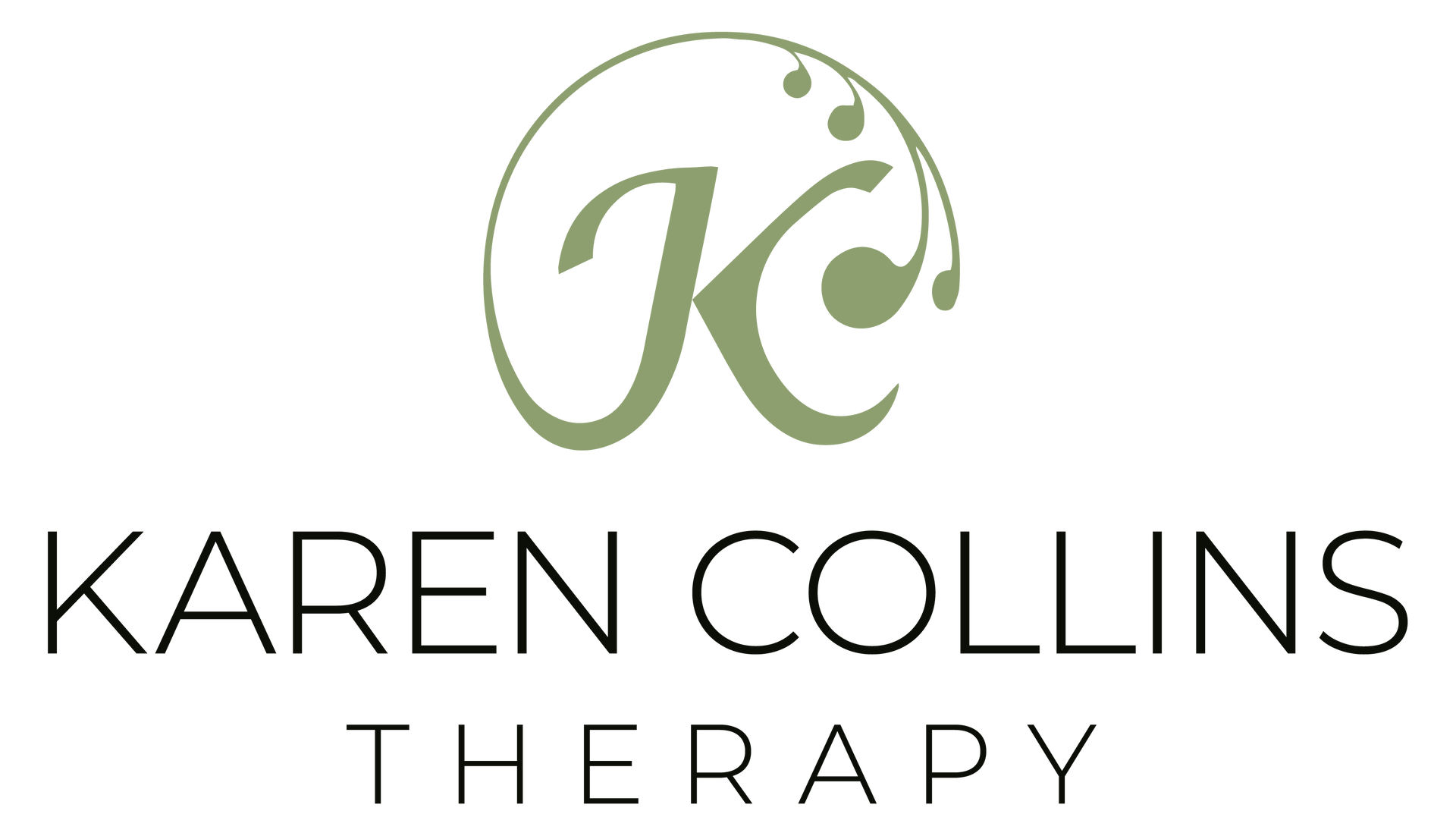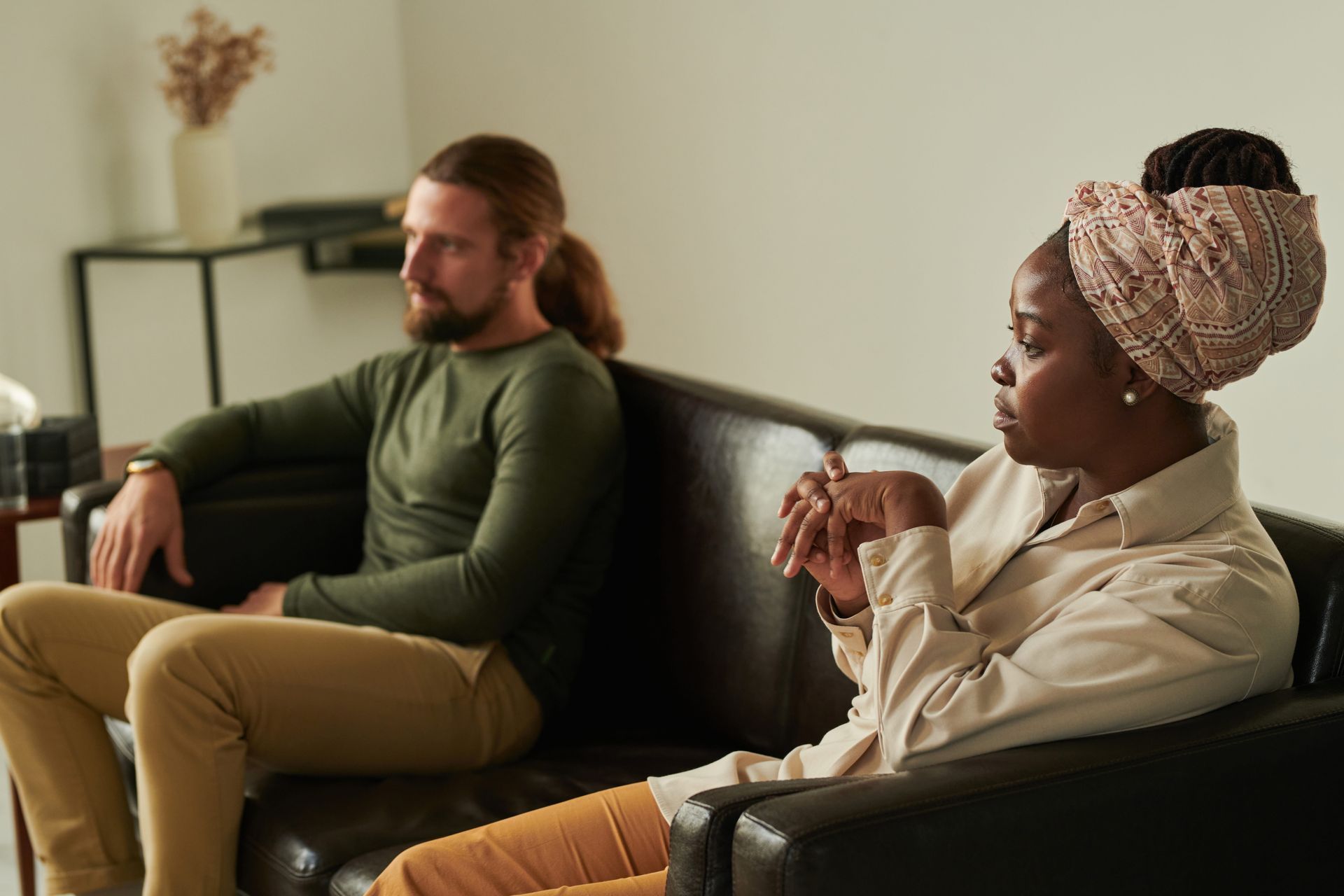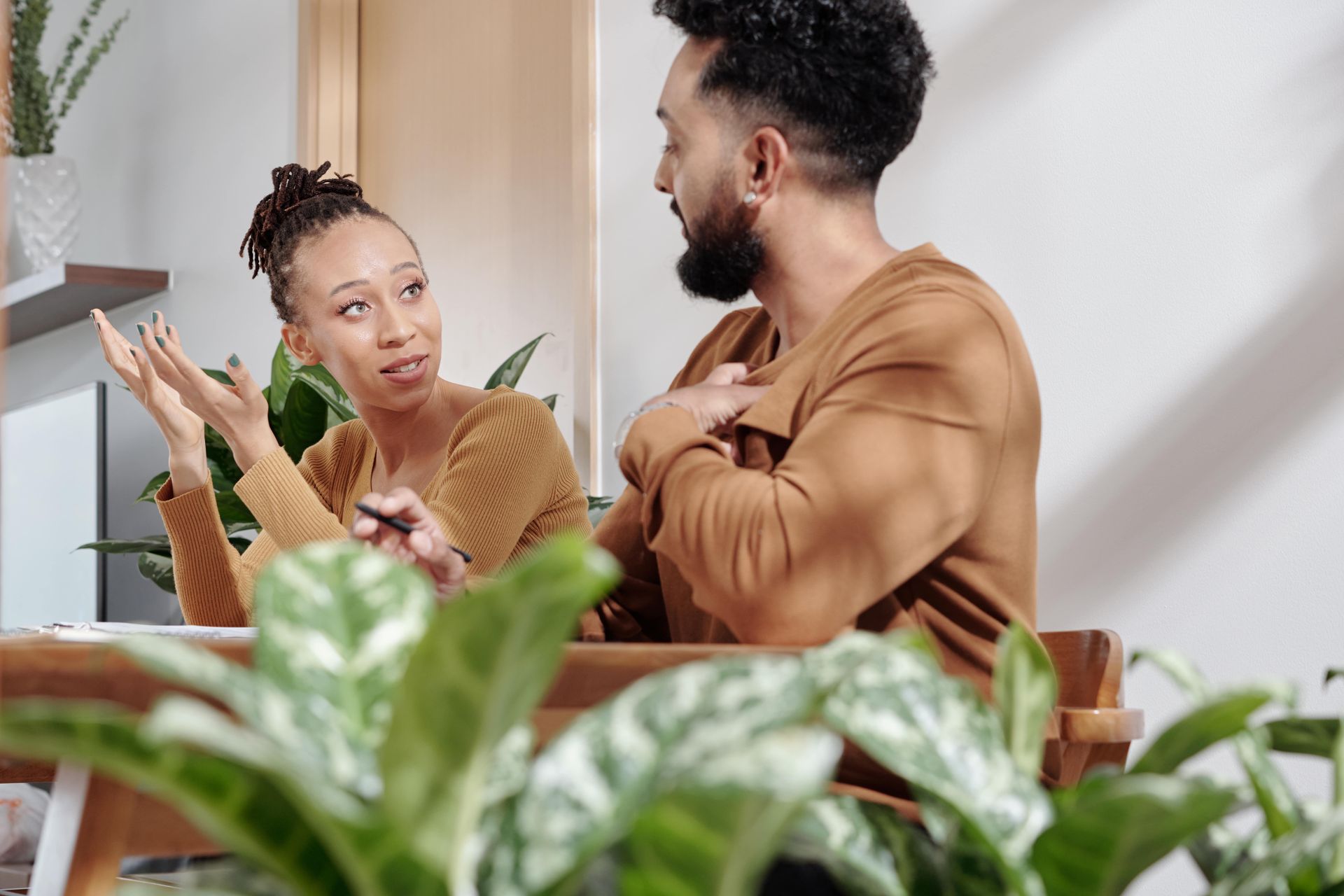How Does Social Media Affect Mental Health?
In today’s digital world, social media has become an integral part of our daily lives. Platforms like Facebook, Instagram, TikTok, and Twitter allow us to stay connected, informed, and entertained. However, the impact of social media on mental health is a growing concern among researchers, mental health professionals, and users alike.
While it offers several benefits, excessive or unhealthy usage can negatively affect mental well-being. In this blog, we’ll explore the positive and negative effects of social media on mental health and offer strategies for maintaining a healthy relationship with these platforms.
The Positive Effects of Social Media on Mental Health
1. Connection and Support
Social media allows individuals to connect with friends, family, and like-minded communities, offering emotional support and reducing feelings of loneliness. Online support groups can be especially helpful for those dealing with mental health challenges, providing a safe space to share experiences and advice.
2. Access to Mental Health Resources
Many organizations and mental health professionals use social media to spread awareness about mental health issues. Free resources, online therapy options, and expert advice are easily accessible, making mental health care more available to those in need.
3. Creative Expression and Inspiration
Platforms like Instagram and TikTok provide an outlet for creativity and self-expression. Whether through art, music, writing, or video content, social media can be an empowering tool that fosters self-discovery and confidence.
4. Educational Content
Social media serves as an informative platform where people can learn about mental health, self-care techniques, and coping strategies. Reliable accounts and professionals share valuable insights that can help users develop healthier habits.
The Negative Effects of Social Media on Mental Health
1. Comparison and Low Self-Esteem
Constant exposure to curated and filtered content can lead to unrealistic expectations about life, beauty, and success. Comparing oneself to others can result in decreased self-esteem, body dissatisfaction, and feelings of inadequacy.
2. Anxiety and Depression
Excessive social media use has been linked to higher levels of anxiety and depression. Scrolling through negative news, cyberbullying, or receiving negative comments can contribute to stress, anxiety, and feelings of sadness.
3. Sleep Disruptions
The blue light emitted from screens interferes with melatonin production, making it harder to fall asleep. Additionally, late-night social media use can lead to reduced sleep quality, which negatively affects mood and cognitive function.
4. Addiction and Reduced Productivity
Social media platforms are designed to be engaging, often leading to compulsive usage. Constant notifications and scrolling can reduce productivity, interfere with daily responsibilities, and create dependency.
5. Cyberbullying and Online Harassment
Online harassment and cyberbullying can cause severe emotional distress, particularly among teenagers and young adults. Victims may experience anxiety, depression, and, in extreme cases, suicidal thoughts.
Tips for a Healthier Relationship with Social Media
- Set Time Limits – Use apps that track screen time and set daily limits to prevent excessive usage.
- Curate Your Feed – Follow accounts that inspire and uplift you, and unfollow those that trigger negative emotions.
- Engage Mindfully – Be intentional about your social media interactions; avoid mindless scrolling and engage in meaningful conversations.
- Take Breaks – Regularly disconnect from social media to focus on in-person interactions and self-care activities.
- Practice Digital Detox – Designate tech-free zones or days to balance screen time and real-life experiences.
- Seek Help When Needed – If social media negatively impacts your mental health, consider talking to a mental health professional.
Conclusion
Social media is a powerful tool that can both positively and negatively impact mental health. While it offers opportunities for connection, learning, and creativity, overuse and unhealthy engagement can lead to stress, anxiety, and other mental health concerns. By setting boundaries, using social media mindfully, and prioritizing mental well-being, we can cultivate a healthier relationship with the digital world.
Struggling with the effects of social media on your mental health? Karen Collins Therapy offers compassionate support and personalized strategies to help you regain balance. Schedule a session today and take the first step toward a healthier, more mindful relationship with technology.












